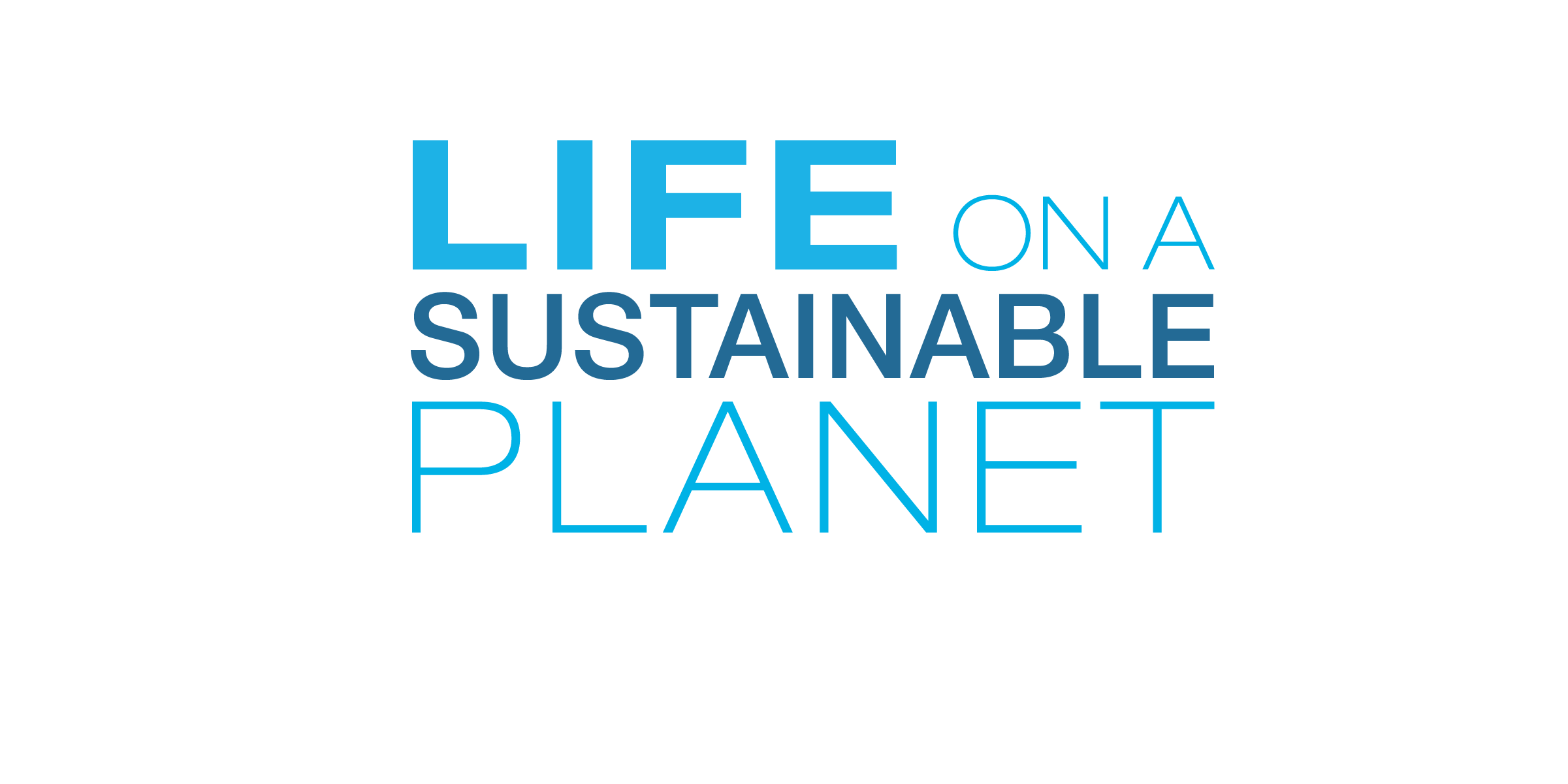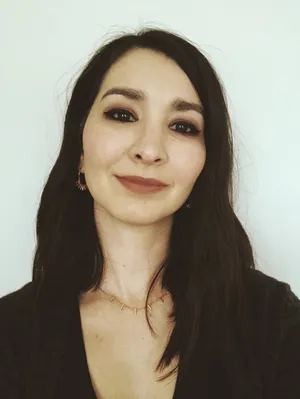Meet James Miller: A Cambridge Student and Aspiring Champion for Biodiversity
James Miller is a first-year University of Cambridge student with a passion for wildlife and conservation. An aspiring nature presenter and filmmaker, James has put his interests into action by helping to engage others in the protection of biodiversity. He has also become an avid youth climate advocate, leading him to get involved in environmental policy within the UK and globally.
/https://tf-cmsv2-smithsonianmag-media.s3.amazonaws.com/blogging/featured/James_Miller_bio_shot.jpg)
James Miller is a first-year University of Cambridge student with a passion for wildlife and conservation. An aspiring nature presenter and filmmaker, James has put his interests into action by helping to engage others in the protection of biodiversity. He has also become an avid youth climate advocate, leading him to get involved in environmental policy within the UK and globally.
The Smithsonian Conservation Commons’ Olivia Garcia and Cat Kutz were able to talk to James to learn more about his inspiring projects and why youth involvement in the climate movement gives him a brighter outlook on the future. His interview is a part of an ongoing series to highlight the stories of emerging leaders in conservation as part of our Earth Optimism initiative.
How did you get started in wildlife filmmaking?
I’ve always had a fascination for animals – I don’t think that’s something that was unique to me as a child at all, it’s just something that many people seem to lose later in life, in today’s hectic and screen-bound society. As I grew older, it wasn’t long before I started to realise the scale of the threats that faced wildlife in my country and around the world. My interest turned into a passion to connect more people in my generation to nature, and inspire them to step up to protect it.
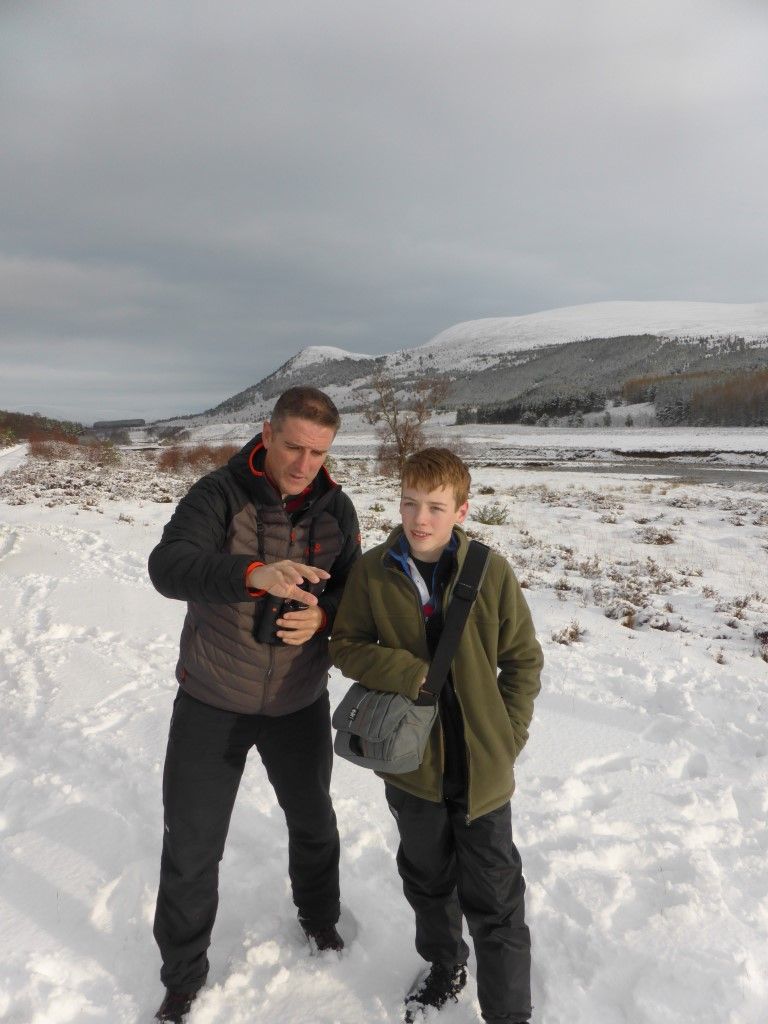
I chose filmmaking as one of my tools after winning a nature presenting competition where, as part of my prize, I spent two days with tv presenters learning some of the tricks of the trade. It was an amazing experience, and I’ve been making short films ever since! However, for me, that prize was most valuable in that it introduced me to a community of people all around the world who were dedicated to tackling the problems I cared about, providing the inspiration and collaborations that fuel my activism.
You helped to organize the Concert for Conservation last May, a Reserva: The Youth Land Trust event that helped to raise money for protecting the Chocó Rainforest in Ecuador. Where did the idea for that come from?
The Concert for Conservation was kind of a random flash of inspiration. Last year I was in the process of organising an in-person evening of talks to raise money for conservation, but when COVID hit, and it soon became clear that it wouldn’t be able to go ahead. Instead, the idea of an online concert suddenly sprang to mind. A music-centred event appealed because I knew it would cheer people up during a difficult lockdown, and I thought that finding an intersection with popular culture would be a great way to reach and inspire new audiences who had no pre-existing interest in conservation.
Not shy of trying my luck, I decided to pen a tentative email to a BBC Radio 1 DJ asking if they would like to host it, and to my surprise, received a tentative yes in return! From there, I assembled a team of youth at Reserva: The Youth Land Trust to pull this off, and we set to work. A couple more long shot emails later, we were partnered with UN Biodiversity and Rainforest Trust to launch the event on World Biodiversity Day, and had a lineup of YouTube stars, Emmy award-winning artists, and National Geographic Explorers! Unfortunately, the DJ had to drop out, but his place was filled by the equally fantastic BBC presenter Lizzie Daly.
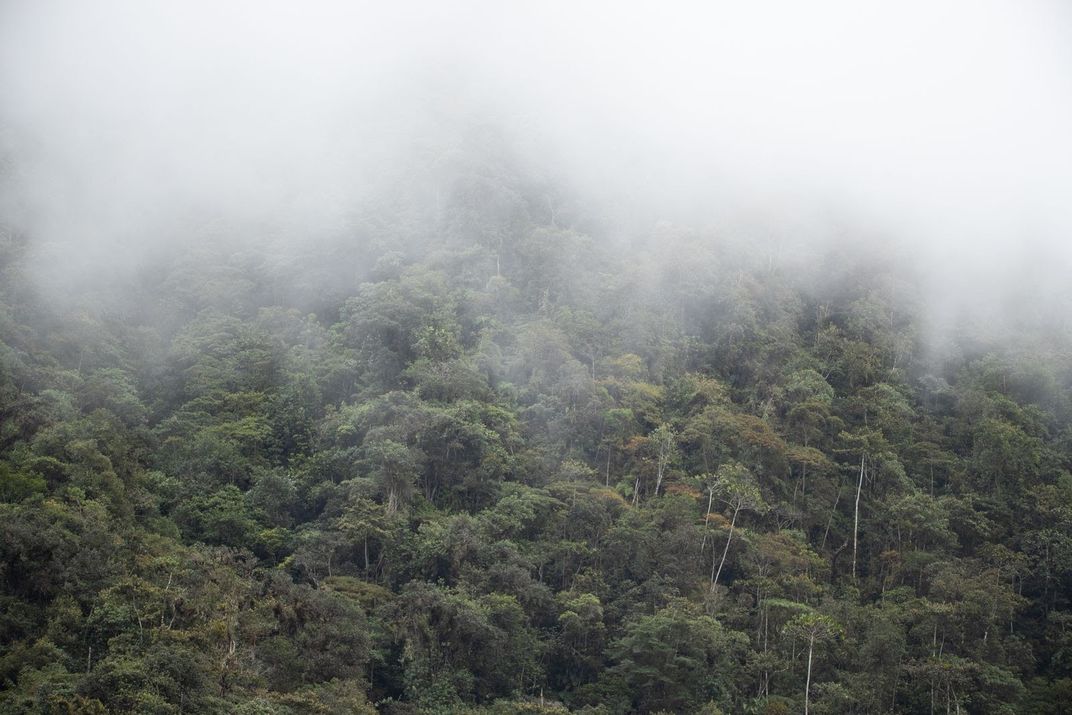
The evening was a wonderful success, gathering thousands of people across the world and raising more than $1000 to protect threatened rainforest. In fact, it was so much fun to run that we put on a second concert a month later, with an equally incredible lineup (including a song debut from the now ubiquitous Olivia Rodrigo!).
What is your favorite part about collaborating with Reserva: The Youth Land Trust?
I think it’s down to a combination of several aspects. The concept of the project is really inspiring, it captures people’s enthusiasm very easily, and the tight-knit community of young people all around the world also makes it a joy to work with.
But I think the most important aspect for me is that it’s a bit of light relief from the rest of my activism. It’s incredibly draining to work on campaigns targeting politicians, fighting whatever new pesticides are being introduced or coal-fired power plants are being opened, often not succeeding. Reserva is an opportunity to put that aside for a moment and work proactively with other young people to make a tangible positive impact on the world.
Amid the postponing of the UN Climate Change Conference (COP26) due to the pandemic, youth climate activists from around the world organized Mock COP26, an online event that put the role of decision-making into the hands of young people. Tell us more about your role in the UK delegation for Mock COP26.
I was one of 5 delegates representing the UK and its overseas territories at Mock COP26. That role came with two primary tasks. The first was to create a ‘high-level statement’ on behalf of the country, setting out our historical responsibility as one of the greatest contributors to anthropogenic emissions and describing the key policy changes that we wanted to see our leaders make to reach net zero.
The second aspect involved collaborating with the other delegates from over 150 countries around the world to create and vote on policies to include in a global declaration. These covered every topic from climate justice to sustainable finance and nature-based solutions. This document has been formalised into a legal treaty by ClientEarth and is currently in the process of being sent to world leaders in the hope that they will adopt the policies outlined ahead of the real event next year.
I think the ultimate goal for everyone at the event was to show what would happen if young people were given the chance to take control of their future and to raise the bar for the level of action we expect from world leaders at the actual COP26 this November. We wanted to highlight that there is still a significant disparity between political ambition and what scientists and young people are calling for, and how vital it is that we close that gap.
What advice would you give to other young organizers about interacting with politicians on climate issues?
That’s a very difficult question, and I don’t think that anyone has worked out the perfect technique yet or we’d be a lot more successful!
Having done some work experience in Parliament here in the UK, I can say that emails are probably not the most effective method of communication – my Member of Parliament (MP) had a team of staff who were reading the emails on their behalf and often replying with pre-written responses.
I think that personal interactions are a far more effective method of interaction. In the UK we can organise face-to-face meetings with our local MPs (on Zoom currently) – this gives you an opportunity to have their undivided attention. From there, I would start by finding common ground with the politician – identifying those things that both of you care about which climate change threatens. You could then move on to discuss why you are so concerned about global warming, and try to put forward a case for the necessity of urgent action. It’s a balance between bringing their heart and their head with you – you need to communicate your passion but also convince them that it has a solid scientific foundation. Finally, it’s vital to have specific actions that you want the politician to take, whether that be representing your point of view at a debate, or raising an issue with a minister.
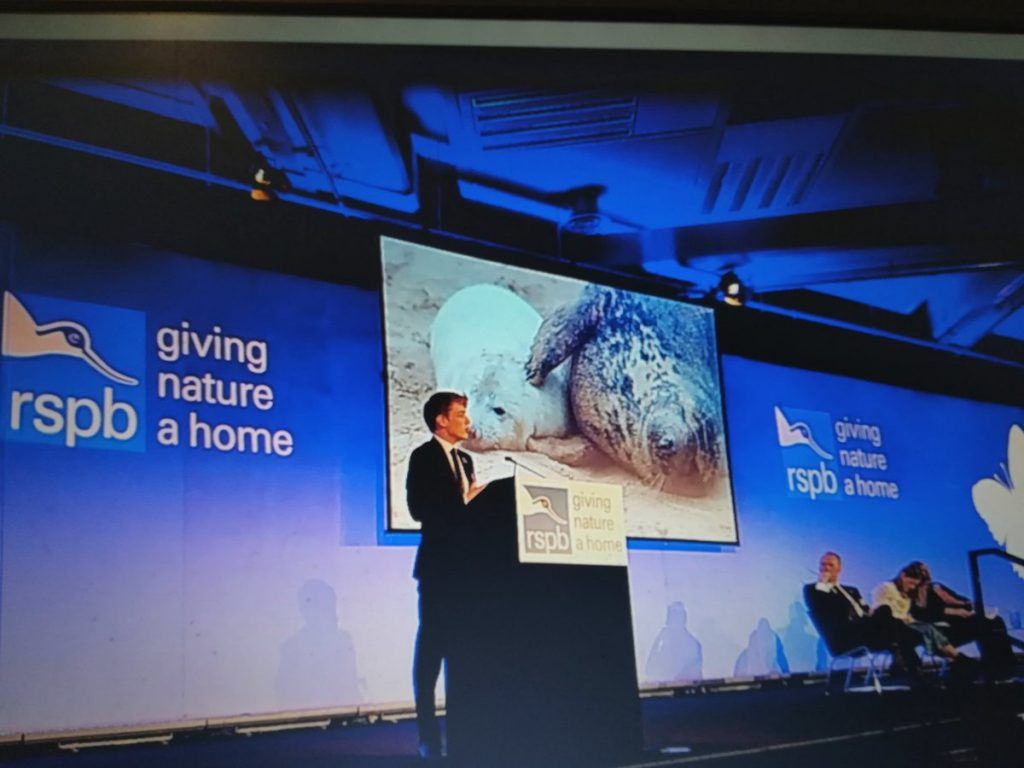
But I think it’s also true that the urgency of the timescales we face demands a more creative and coordinated approach to engaging politicians. I’m currently leading a project to set up a ‘Climate Clock’ in Glasgow City, much like the one installed in New York last year, counting down the time until we’re predicted to have emitted enough carbon dioxide to take us over 1.5 degrees of warming. The hope is that we will combine this with a unanimous call to action from my generation across the UK, asking for higher climate ambition, and use it to generate political momentum at a time when climate strikes may not be possible.
Who are some conservationists and/or changemakers you follow and look up to?
There are so many! If I had to choose one person, I might go with Boyan Slat. He’s a Dutch inventor, who, at 19 – just the same age as I am now – came up with a system of machines to rid the oceans of plastic, by intercepting patches of floating waste where they are concentrated by ocean currents. Fast forward 8 years to today, that concept is now a reality, with prototypes already on the water and a full fleet scheduled to be deployed to the Great Pacific Garbage Patch this year. I’ve followed every stage of his progress since I was 12, and am immensely excited about what he’s achieving.
Besides him, Chris Packham is a wildlife tv presenter here in the UK who I have in large part to thank for my interest in nature, as well as for playing a significant role in supporting my own activism throughout my teenage years. He is incredibly articulate, dedicated, and considerate in his approach to campaigning, which are all things I try to emulate.
Lastly, what gives you optimism for our planet’s future?
Clichéd as it sounds, I think what makes me the most hopeful is the passion and dedication my generation as a whole shows towards saving our planet and the people that live on it. I don’t want to encourage those saying ‘the young people will rescue us, the future is in good hands’ - with less than 7 years left before we overrun our carbon budget for 1.5 degrees, most of the important decisions must be made by politicians and industry leaders in the next few years, before my generation has the opportunity to hold those positions of influence. But I do think that together, we’ve shown that we are capable of catalysing that transformation in today’s leadership and bringing the rest of society with us.
You can follow James along on his adventures and projects on his blog, Knee Deep in Nature, and on Instagram @jamesmillernature.
--
Do you know a youth leader that should be highlighted for their work in conservation, climate, or sustainability? Let us know ! Send an email to [email protected] and tell us who you’d like to nominate.
